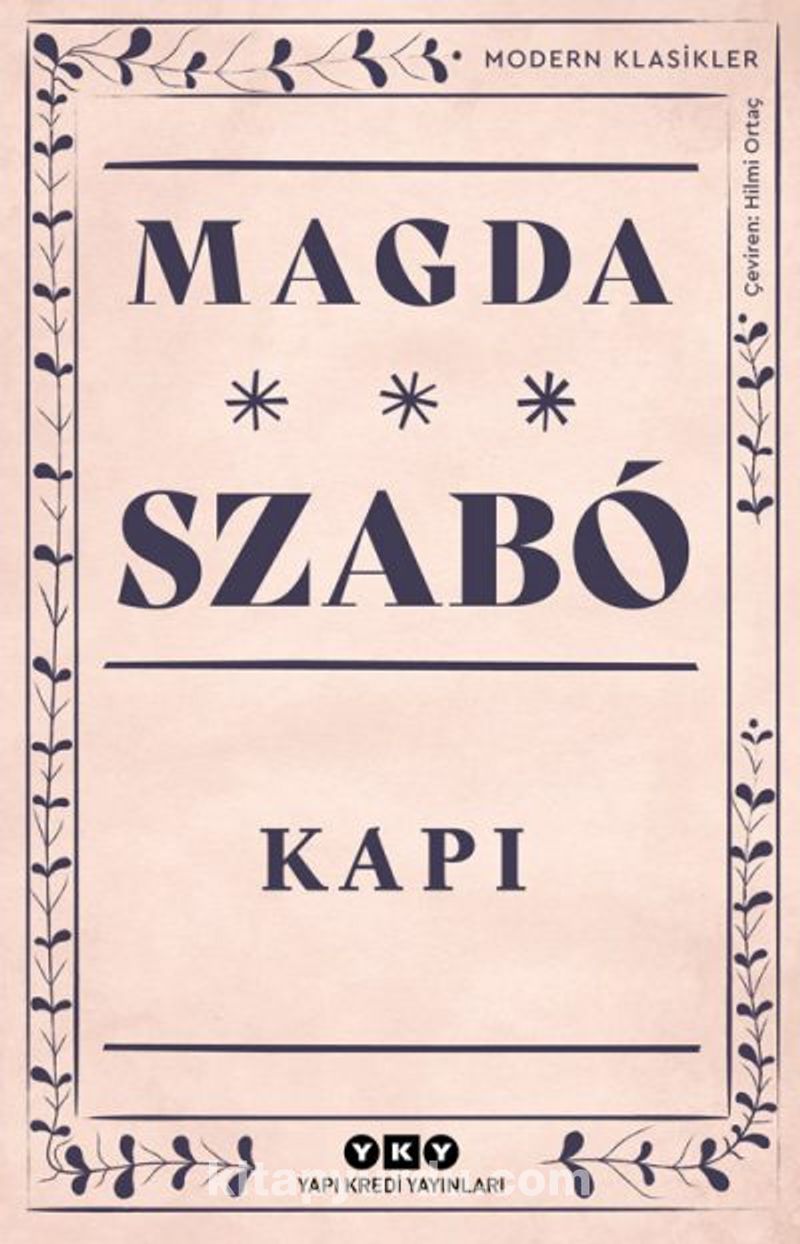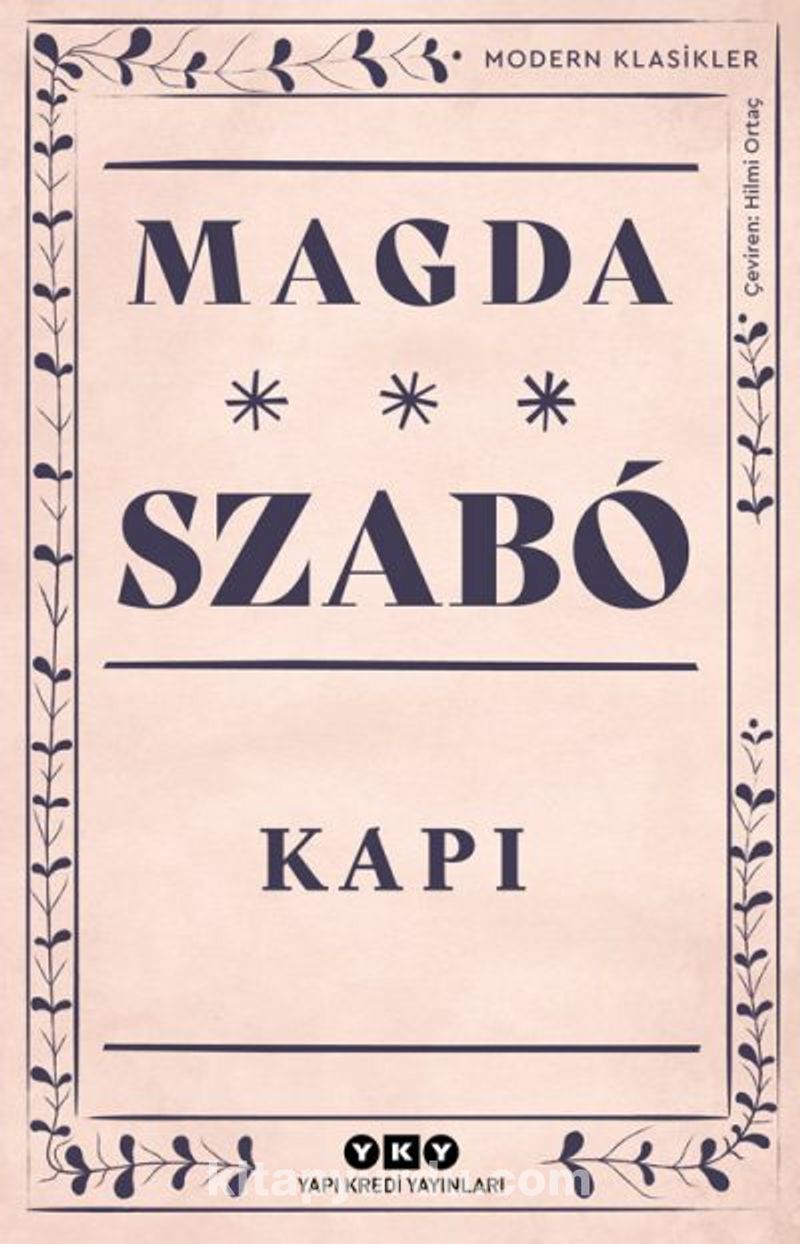Minor Canon
Magda Szabó hat
Couldn't load pickup availability
Magda Szabó (1917–2007) was a Hungarian novelist. A doctor of philology, she also wrote dramas, essays, studies, memoirs, poetry and children's literature. She was a founding member of the Digital Literary Academy, an online digital repository of Hungarian literature. She is the most translated Hungarian author, with publications in 42 countries and over 30 languages.
Szabó began her writing career as a poet and in 1947 she published her first book of poetry, Bárány ("Lamb"), which was followed by Vissza az emberig ("Back to the Human") in 1949. In 1949, she was awarded the Baumgarten Prize, which was immediately withdrawn when Szabó was labeled an enemy to the Communist Party. The Stalinist government censored any literature, such as Szabó's work, that did not conform to socialist realism.
She wrote her first novel, Freskó ("Fresco") during these years, and it was published in 1958. The novel tells the story of a puritan family coming together for a funeral, and examines questions of hypocrisy and Hungarian history. Pilátus ("Iza's Ballad"), the story of a female doctor and her relationship with her mother, was published in 1963. Tündér Lala ("Lara the Fairy"), her 1965 novel, is one of the most popular novels for children written in Hungarian. In 1969, she published Katalin utca ("Katalin Street"), a realistic depiction of post-World War II life. Her most widely read novel, Abigél ("Abigail", 1970), is an adventure story about a young girl living in a girls-only Calvinist school in eastern Hungary during World War II. The novel's success resulted in a TV series, produced in 1978; the novel was also adapted into a musical that premiered in March 2008. In 1971, Szabó began a series of autobiographical works, which depict her family history. The first of this series is the short novel, Ókút ("The Ancient Well"), followed by Régimódi történet ("Old-Fashioned Story"). In 2002, Szabó continued this autobiographical series with Für Elise, a recollection of the author's life from 1917 to 1935. Today, this is one of her most popular works in Hungarian.
Her novel Az ajtó (The Door) was published in 1987 and would become one of her most famous works worldwide. The novel revolves around the relationship between two women, one a prominent Hungarian writer much like Szabó herself, and the other her cryptic housekeeper. Claire Messud writes in the New York Times that reading The Door completely changed her outlook on life, while Cynthia Zarin, contributor to The New Yorker, calls it "a bone-shaking book." The Door was translated into English in 1995 by Stefan Draughon and again in 2005 by Len Rix.
This hat's design is inspired by the distinctive covers, from publisher Yapı Kredi, for the Turkish-language editions of Szabó's books, especially Kapi (The Door).
• 100% organic cotton
• Fabric weight: 8 oz/yd² (271 g/m²)
• 3/1 twill
• Unstructured
• 6 panel
• Matching sewn eyelets
• Self-fabric adjustable closure with a brass slider and hidden tuck-in
• Blank product sourced from China





